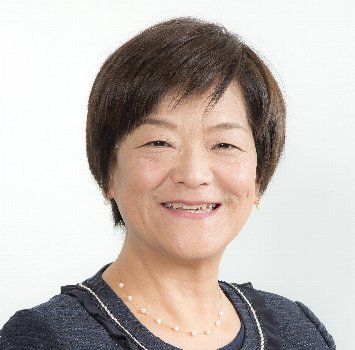


Message from the Chair
The rise of resource nationalism, as seen in the cases of oil and rare metals, has effects that now extend not only to the management of natural resources themselves, but to larger geopolitical affairs. In order to navigate the complexities of international resource management, we must aim for sustainable and responsible resource development with not only scientific technologies, but also an understanding of resource trends, systems, and cultures from a global viewpoint.
In the Resource Policy and Management Course, students acquire deep insights into law, politics, economics, and international cooperation as they relate to natural resources. These essential insights are further refined by incorporating contextual information, like culture, politics, and religion when considering resource locations. The course consists of a unique curriculum, not only in Japan but worldwide, designed to train the future professionals that will solve energy- and mineral-related resource problems from sociological and humanitarian angles. After establishing a solid foundational knowledgebase in resources and English, students build upon their understanding using perspectives developed in the social sciences and the humanities. This interdisciplinary approach, which also includes the study of specialty subjects relating to the “hard sciences” in Earth Science and Engineering courses, provides students with the elements necessary to work internationally as resource-oriented professionals.
By studying resources through interdisciplinary points of view, students will be able to better understand complex world affairs surrounding resource policy and management, and gain the skills necessary to handle problems with corporate and political responsibility.
Chair, Department of Resource Policy and Management
Ritsuko Miyamoto

Introduction of Department
Department of Resource Policy and Management, Faculty of International Resource Sciences
The Department of Resource Policy and Management offers a program to educate students to engage in sustainable and responsible resource development and strategies and to conduct advanced research.
The program consists of English education to improve communication skills as well as a comprehensive subjects related to the resource sector, including a foundation of natural sciences and engineering, and courses in the social sciences and humanities.
Objective
Contribute to sustainable society highly conscious of resources, environmental issues.
Develop the professionals of the future who are highly motivated to communicate with people with diverse values and work in different fields in global society.
Educate students to collect and provide precise information and knowledge about the global resources situation.
Educate students to think about sustainable and responsible resource development and its strategies.
Improve student skills and capacity to communicate with people of multi- cultures and values.
Academic Areas of the Program’s Education and Research
Political Science and International Relations
The impacts that resources have on political democratization, economic modernization, and international relations are studied through the analysis of the current situation in resource rich countries.
International Cooperation and Development
The impact of resources on the relationships between countries that provide development assistance and the countries that receive assistance as well as the ways in which local government and autonomous authorities function in developing countries are studied.
Management
Legal regulation concerning resources such as international law, miming laws, and HSE, as well as joint venture agreement theory and negotiation are studied to understand how they relate to resource development.
Social Anthropology and Area Studies
The problems and impacts of resource development on local residents in various countries is studied.
Resource Environment Economics and Business Studies
The relationship between the development and environment of mineral resources and sustainable resource supply and global environment problems are studied by economic analysis and evaluation.
Intercultural Communication
Intercultural understanding and global communication are studied because of their importance in negotiations and dealings with resources rich countries.











